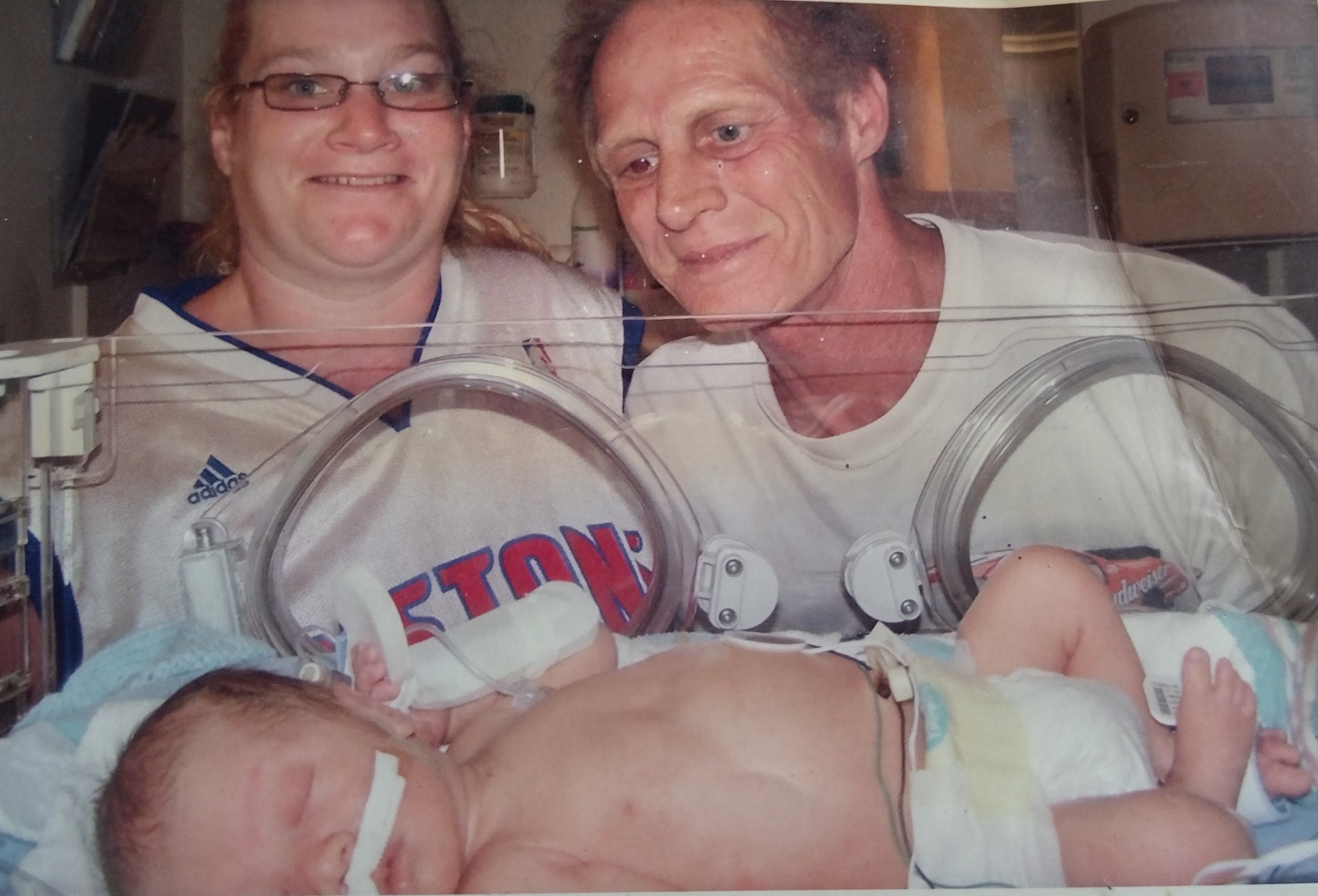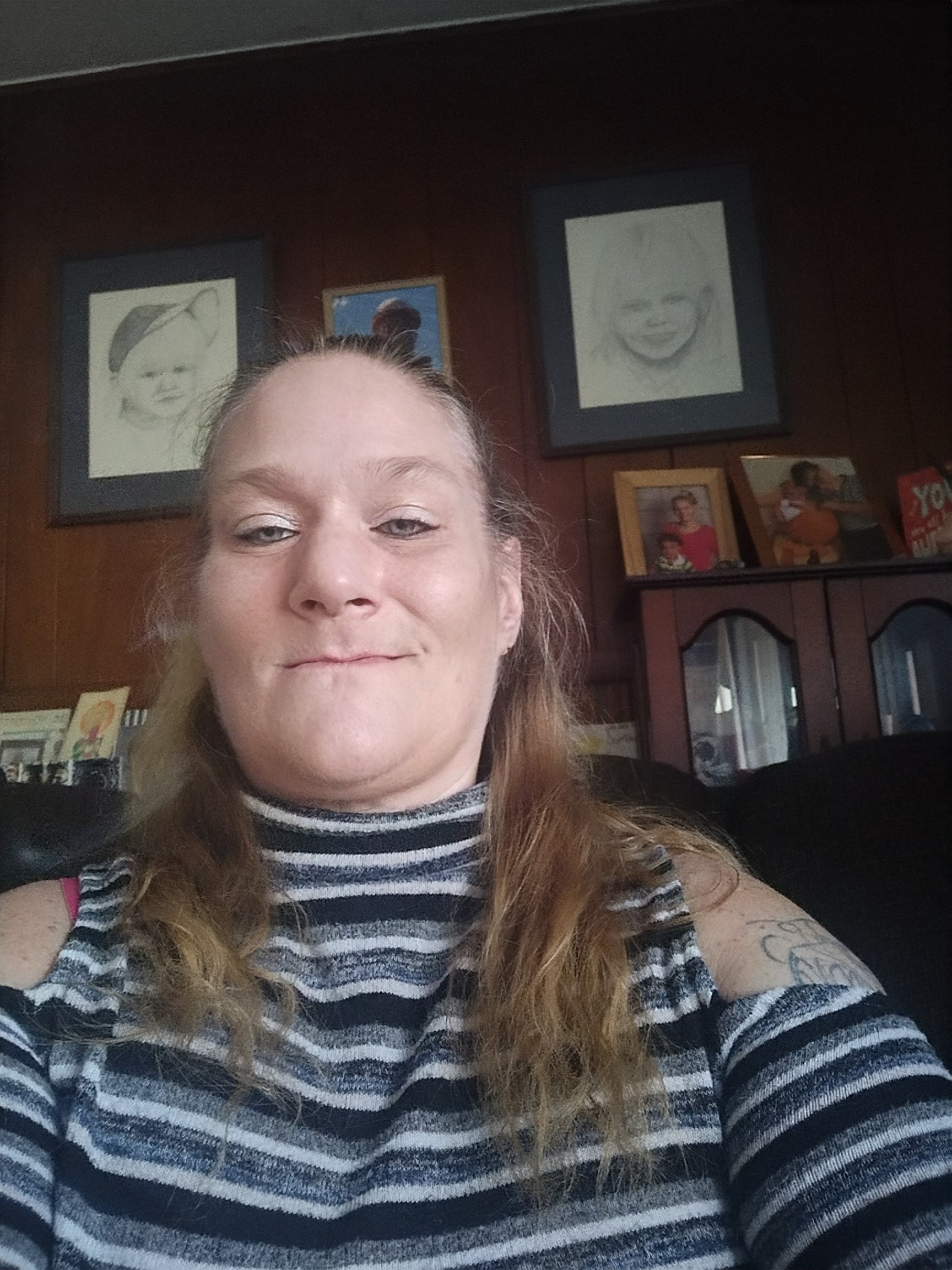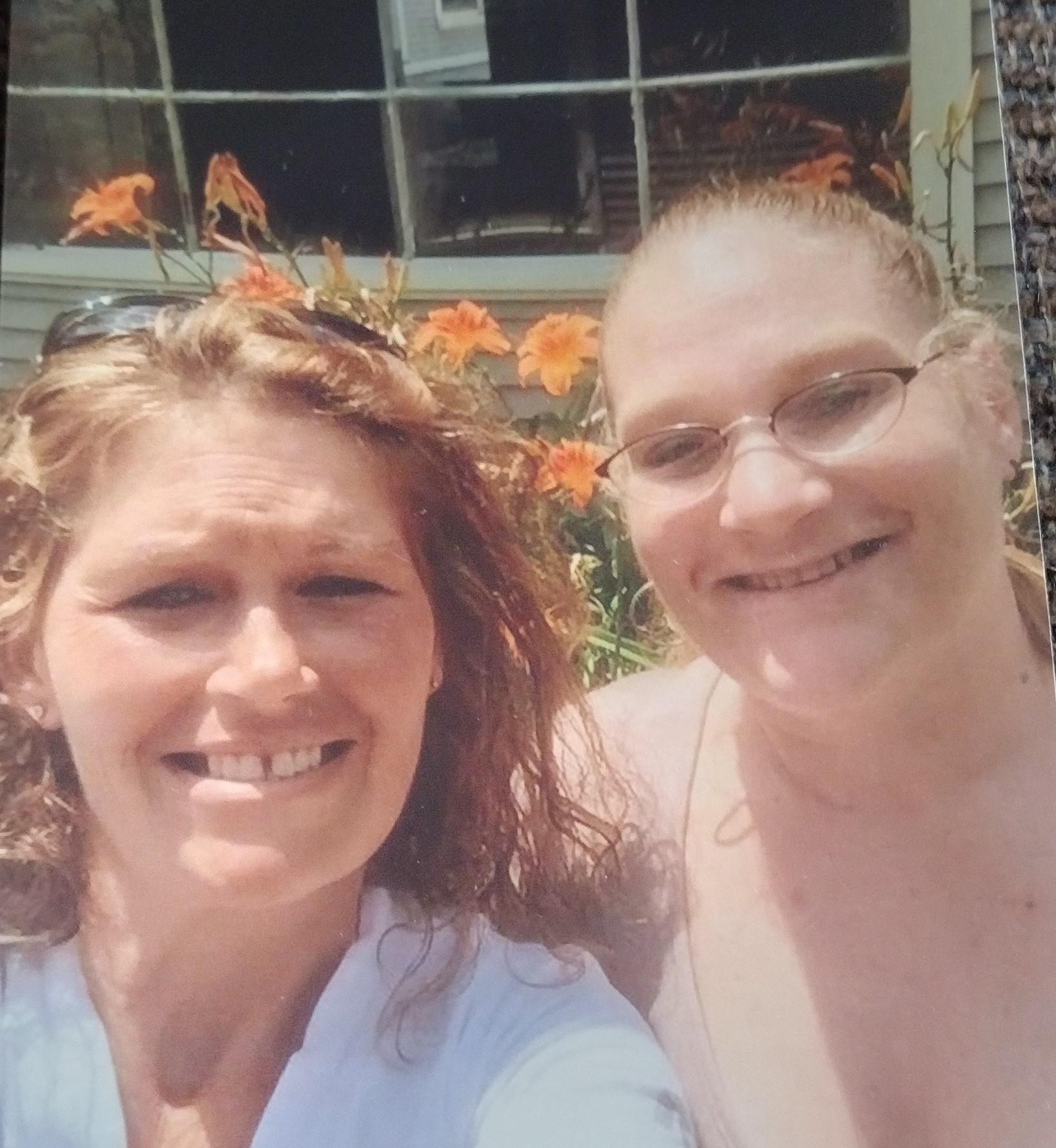Bearing the burden of a lifetime of abuse made tolerable only through her substance use disorder, Jennifer Snyder, 48, was living in Grand Haven, hanging out in crack houses, owing money to her drug dealer.
She was spiraling. Her long-term partner was dying of Stage 4 lung cancer. Deemed untreatable by chemotherapy, radiation or anything else modern medicine could hurl at the insidious disease, the cancer was slowly killing Snyder’s boyfriend and his will to live.
“I didn’t care about myself, either, if I lived or died,” Snyder recalled.
Then she was kidnapped. Taken while in a drugged state, Snyder was unwilfully removed from Grand Haven and brought to a house in Battle Creek until she could “pay off her debts” to her drug dealer.
“I woke up after three days,” Snyder said. “I didn’t know where I was, ‘Battle Creek?’ Where is that?’
“He said he brought me there because I had an aura. ‘I saw you in that crack house, and you didn’t belong there. This isn’t the life for you.’”
Unlike the tragedies of Missing and Murdered Indigenous Women and Girls, this has a happier ending for Snyder. The realization that someone would remove her to “save her from herself” stirred something within her.
“I also got a phone call from my boyfriend, and he made me promise him two things: To stop using and never return to Grand Haven, there was ‘nothing but bad things for me there.’ I had to start a new life. If I wouldn’t get better for myself, I would do it for him.”
That was the last time Snyder talked to her boyfriend before he took his own life, crippled by pain and suffering from his cancer. “He OD’d. He was the love of my life, and I had to keep my promise to him.”
What initially began as a deathbed promise, then blossomed into a new way of life filled with hope for Snyder.
“I didn’t go back to Grand Haven. I stayed in Battle Creek, got better connected through the Tribe. My caseworker and my advocate got me into some recovery groups, like NA (Narcotics Anonymous) and Al-Anon.”
Although she relapsed a couple of times at the beginning, when she stopped using, the world “got brighter; I could see things again.”
Snyder also completed inpatient rehab in California for 45 days to learn techniques to cope with her anger and drug use, her “people-pleasing personality, from always having been beaten down, from being broken down.”
Having used marijuana since the age of 10 or 11, “I used the drugs to cope with the beatings, so that they wouldn’t hurt so much; never because I was bored or for fun, like other people in recovery talked about.” Eventually, marijuana led to harder drug use.
After her parents divorced when she was a child, Snyder “bounced around between my parents’ and grandmother’s houses, until I escaped into another unhealthy relationship, my marriage, of 20 years.”


Although sober today for several years after being kidnapped, the cycles of drug use, abuse and people-pleasing have created permanent marks on Snyder and her interpersonal relationships.
“(Most of) my family doesn’t have anything to do with me,” Snyder said. “My dad has always been there for me, through thick and thin, but I had to come to terms with some painful experiences in that relationship. I have worked on that. Because I am not a great communicator, I wrote what I was feeling to him in a letter.”
Working through the recovery process allowed Snyder to become incredibly self-aware as to what caused her to use and how she reacts to situations and stress in her life, causing her anger and grief.
“Anger is dangerous. I’ve worked on my anger because I am not an angry person, but keeping all that anger bottled up was going to make me hurt someone else.”
Once again in a loving relationship, Snyder works on loving herself every day to feel deserving of life’s blessings. She continues to establish and maintain healthy boundaries and appropriate self-care. Snyder has built a new life in a new city through self-talk and other coping mechanisms, such as hobbies, like crocheting blankets, coloring and reading.
“Many of my friends in Battle Creek helped me realize my potential; they have a genuine love for me, they are genuine friends, not people looking to take advantage of me.
“I came to Battle Creek with a duffel bag of clothes. Now I have an overabundance in life. Everything I could ask for, I have now.”

If you or a loved one is struggling with a substance abuse disorder, please visit Behavioral Health – NHBP Members Only (nhbp-nsn.gov).




0 Comments